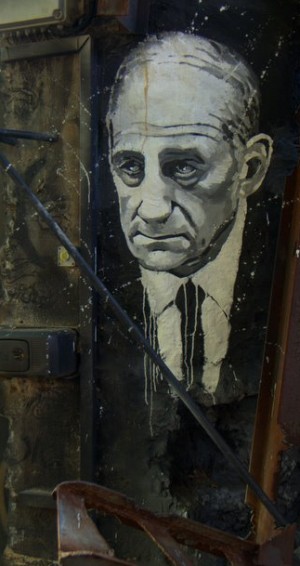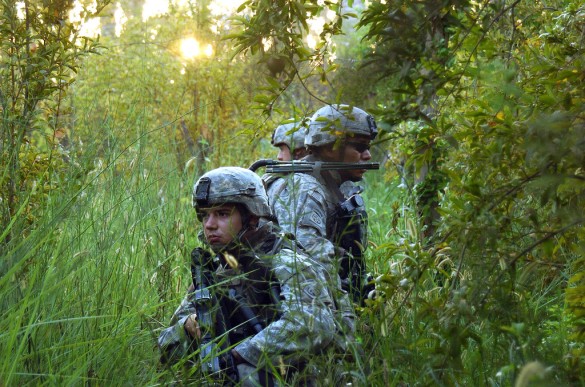One of the main battlefields in our fight for peace is Israeli public opinion. Most Israelis believe nowadays that peace is desirable but impossible (because of the Arabs, of course.) We must convince them not that peace would be good for Israel, but that it is realistically achievable.
When the archbishop [Tutu] asked what we, the Israeli peace activists, are hoping for, I told him: We hope for Barack Obama to publish a comprehensive and detailed peace plan and to use the full persuasive power of the United States to convince the parties to accept it. We hope that the entire world will rally behind this endeavor. And we hope that this will help to set the Israeli peace movement back on its feet and convince our public that it is both possible and worthwhile to follow the path of peace with Palestine.
No one who entertains this hope can support the call for boycotting Israel. Those who call for a boycott act out of despair. And that is the root of the matter. [continued…]
Netanyahu ‘doesn’t care what Britain thinks of Israel’
The editor of The Jewish Chronicle has accused Israel’s Prime Minister, Binyamin Netanyahu, of not caring about British public opinion after he refused to give any interviews during his visit to London last week.
In a comment piece in the newspaper, Stephen Pollard – though essentially supportive of Mr Netanyahu – concludes of his office: “The truth of it is that for all they moan about coverage of the Middle East, they don’t actually care. They don’t care if Brits end up thinking they are warmongers. They don’t care if they are losing the PR war. And they don’t care if those of us who do care are left fuming at their wilful refusal to do anything to help us counter Israel’s appalling image.” [continued…]
Editor’s Comment — Uri Avnery’s hope might be a testament to the tenacious spirit of this old peace activist, but is there any evidence that Israel’s political leadership or the majority of its population would be receptive to an Obama peace initiative? Fifty-one percent of Jewish Israelis view Obama as anti-Israel (pro-Palestinian) and a mere four percent see him as supportive of the Jewish state.
When The Jewish Chronicle‘s Stephen Pollard bemoans Benjamin Netanyahu’s indifference to international opinion, Pollard might be voicing a frustration commonplace within the Jewish diaspora, but the object of his frustration is what many (perhaps most) Israelis regard as one of the nation’s core strengths: it’s righteous isolation. Israel’s isolation — so the thinking goes — is not the product of its behavior but proof for the necessity of its existence.
Why should the Israeli prime minister be concerned about Israel’s appalling global image? He’s milking it for all it’s worth!

 ormer Prime Minister Ehud Olmert was indicted Sunday in three corruption affairs, concluding months of investigations into cases allegedly conducted during his tenure as Jerusalem mayor and trade minister.
ormer Prime Minister Ehud Olmert was indicted Sunday in three corruption affairs, concluding months of investigations into cases allegedly conducted during his tenure as Jerusalem mayor and trade minister.